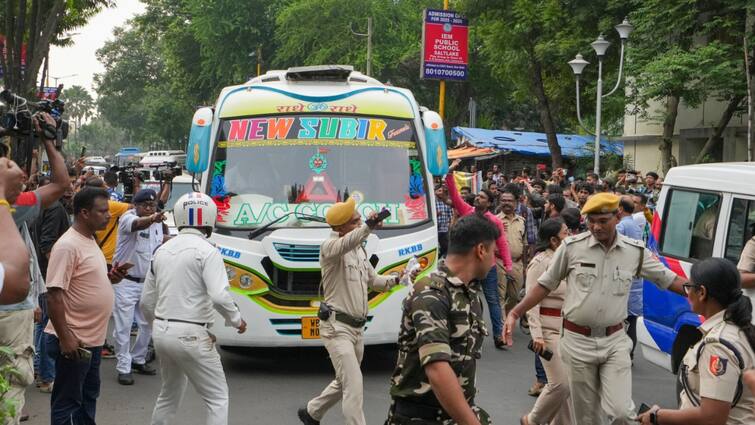 |
|
The tragic rape and murder of a doctor at the RG Kar hospital in Kolkata last month has sparked widespread outrage and protests amongst medical professionals in West Bengal. Junior doctors, demanding justice and improved security measures, have been engaged in a tense standoff with the state government, demanding a live telecast of a meeting with Chief Minister Mamata Banerjee and a 30-member delegation to represent their concerns. This demand for transparency and a larger platform for dialogue reflects the deep-seated anxieties and mistrust felt by the medical community following this harrowing incident.
Despite attempts by the Bengal government to appease the protesting doctors, the impasse continues. While the government offered to record the meeting and allow a 15-member delegation, the doctors remain adamant in their original demands. This resolute stance underscores the gravity of the situation and the doctor's desire for a comprehensive and public resolution to the issues they raise. The protest has brought healthcare services in West Bengal to a standstill, highlighting the profound impact of this incident on the state's medical system.
The government's attempts to quell the protests and restore normalcy to healthcare services are crucial. However, achieving this requires genuine engagement with the doctors' concerns and addressing their demands for accountability, safety, and improved working conditions. The live telecast, while contentious, offers a platform for transparency and public accountability, potentially fostering greater trust between the government and the medical community. The government's willingness to compromise on the size of the delegation is a positive step, but the core issues raised by the doctors require more than symbolic gestures. A genuine dialogue focused on long-term solutions is essential to address the systemic problems that led to the tragic incident and restore confidence in the medical system.
